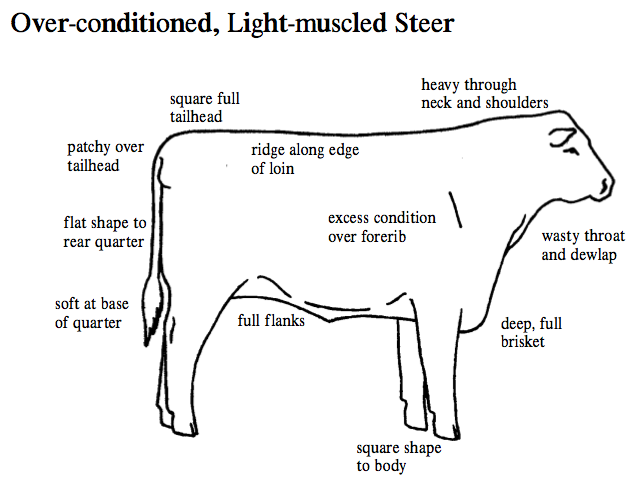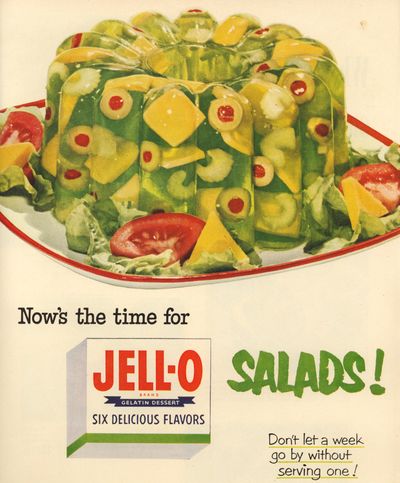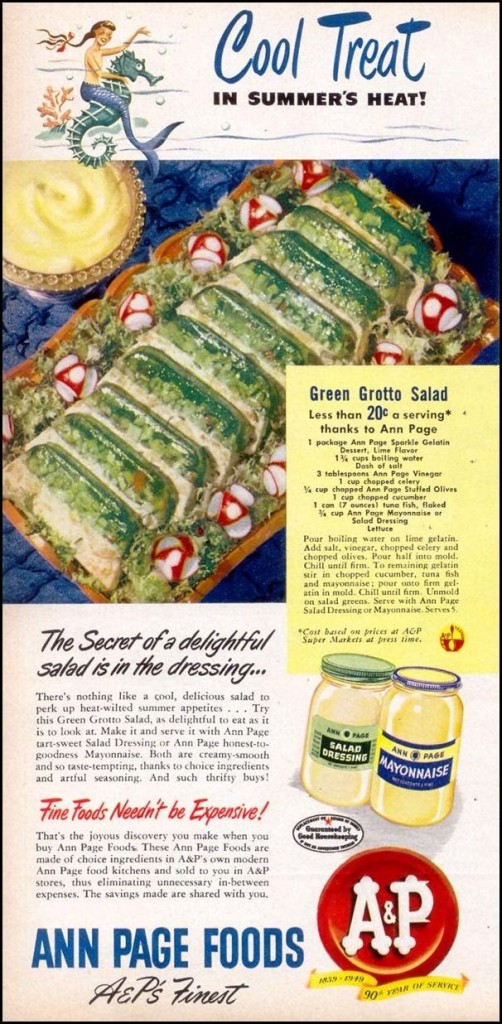 Please enjoy these posts from Father’s Days past:
Please enjoy these posts from Father’s Days past:
Stereotyping Men on Dad’s Day
- Happy Father’s Day to Middle Class Breadwinners
- Representations of Gender in Father’s Day Cards
- Feed Them Meat! and “We Call it a MENu for a Reason”
- Buy Them Non-Emasculating Cooking Supplies!
- What Men Want: The Vintage Edition (pictured)
Also…




















